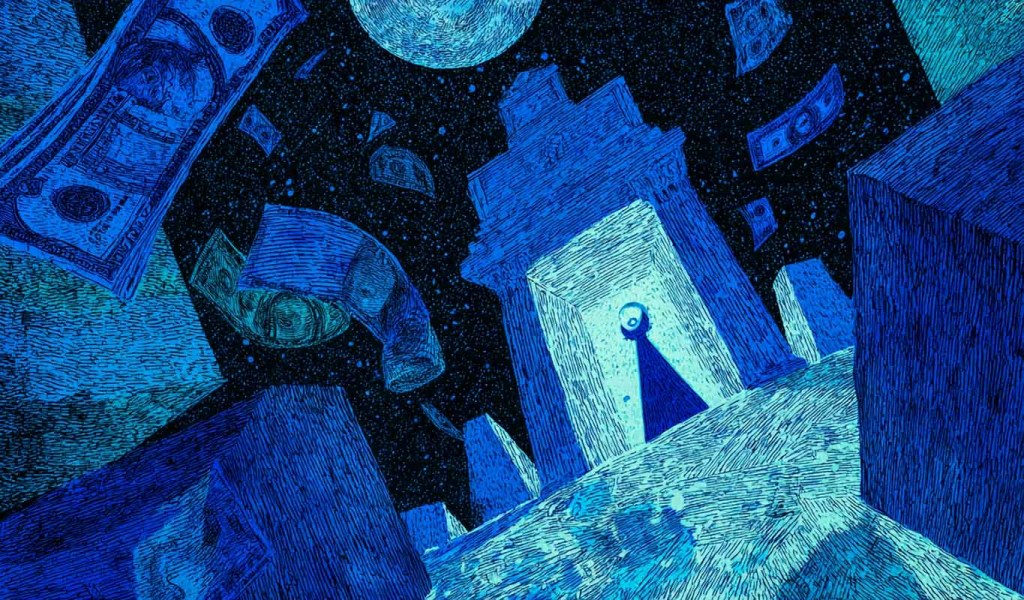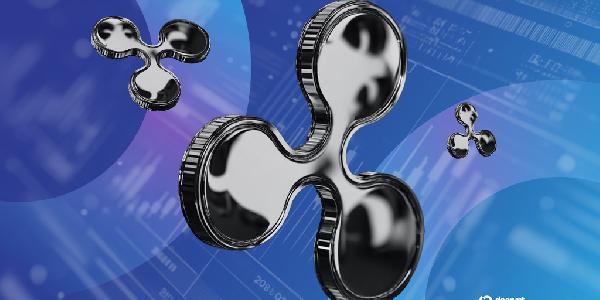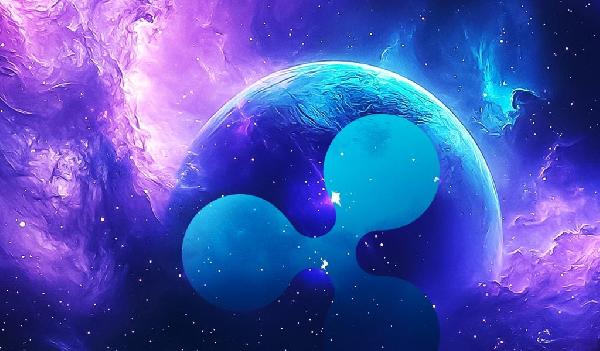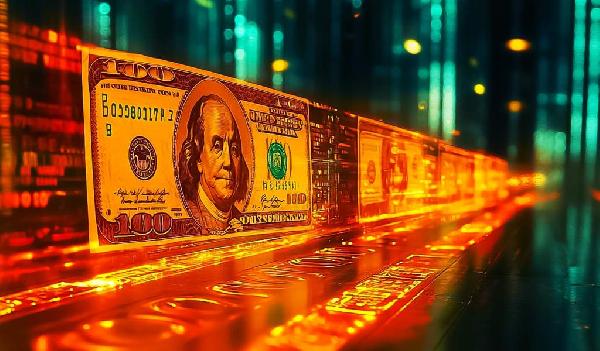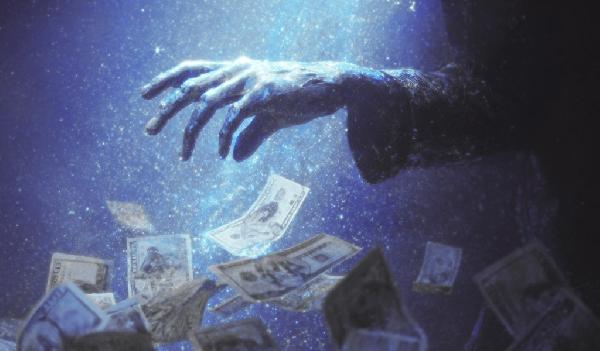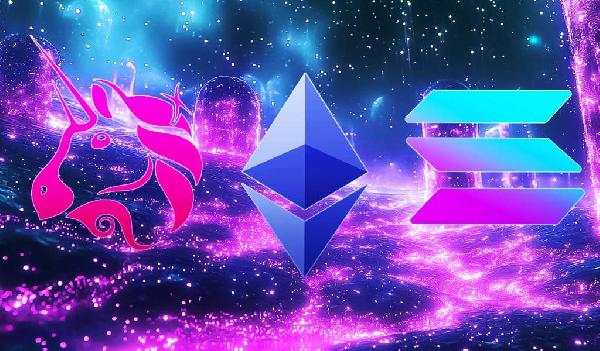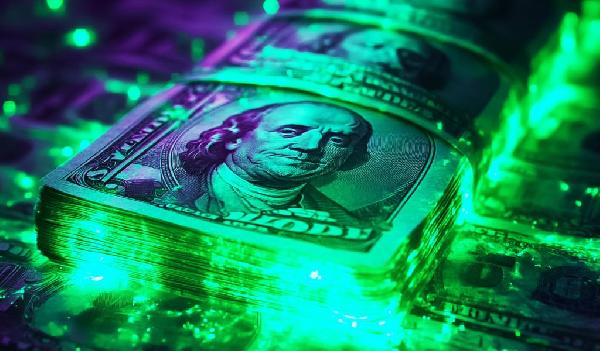Legendary investor Steve Eisman is warning the public about the possible emergence of a “cartel” of major banks in the US, which he says could impact the cost of financial services.
The Wall Street veteran notes in a new interview with The Compound that there hasn’t been a wave of mergers and acquisitions (M&A) in the banking sector since the 1990s.
-->“It’s been very much discouraged post Dodd-Frank, so you’ve had very, very little M&A. But I actually think as a country we need [a wave of M&A]. And the reason why I say that is here’s an interesting statistic: in 2007, JPMorgan’s share of deposits in the United States was 7, today it’s close to 14.
Now, there are a couple of reasons for that: number one is the cost of regulation is very, very high, and they can bear that more easily, and number two, which is probably even more important, is the cost of technology has exploded, and you need to be really big so you can pay for it.
So if we do nothing and we keep the current policies and there’s no M&A wave, what’s going to happen is JPMorgan, Wells Fargo and a handful of others will continue to take market share, the other regional banks are going to wither on the vine, and what you’ll have left is a couple of very, very large banks and some community banks.”
Eisman, whose bet against the housing market was famously profiled in parts of Michael Lewis’ book “The Big Short,” says financial institutions like US Bank and Comerica should merge to compete with the giant firms.
“I don’t want to be Canada, where it’s basically a cartel, and so therefore those banks get to charge a lot more to customers.”

